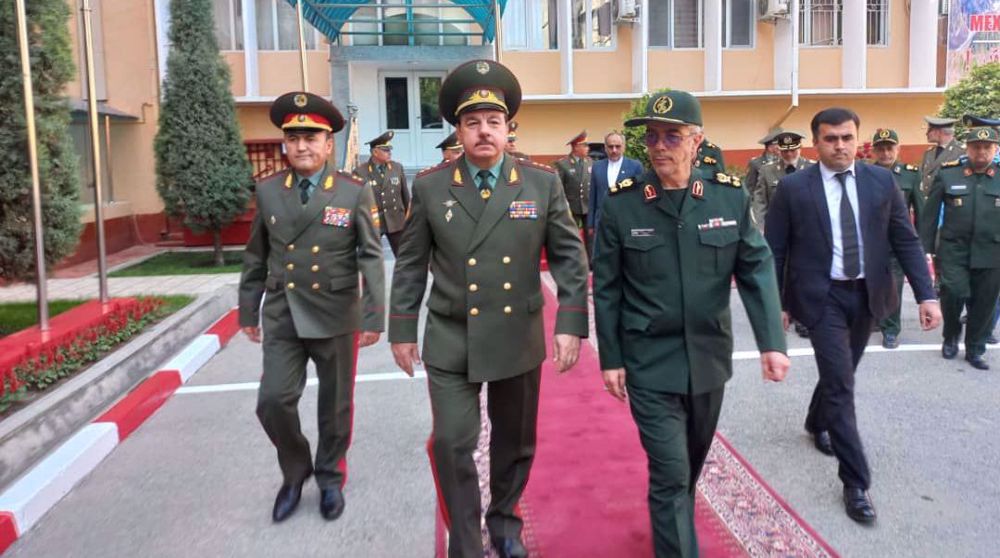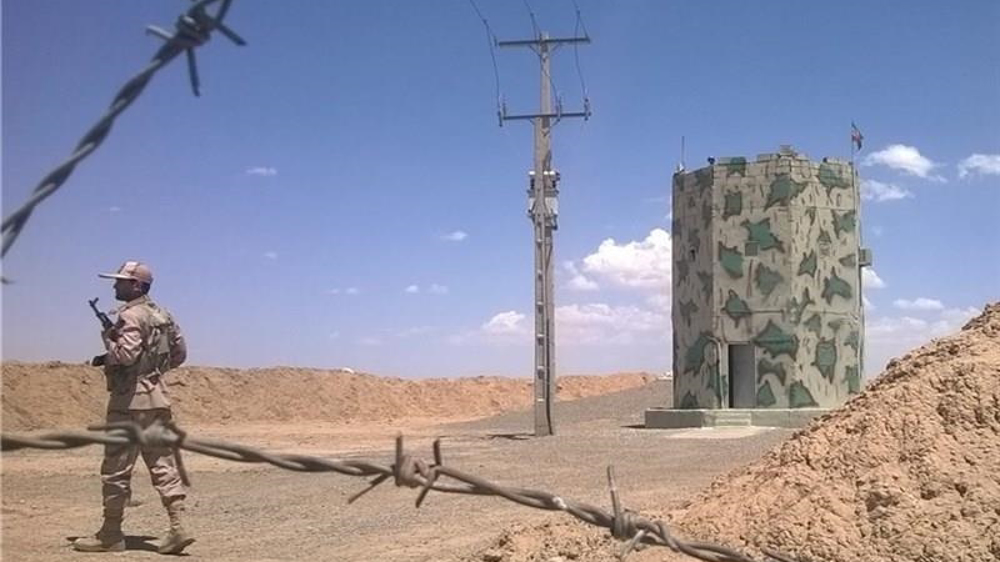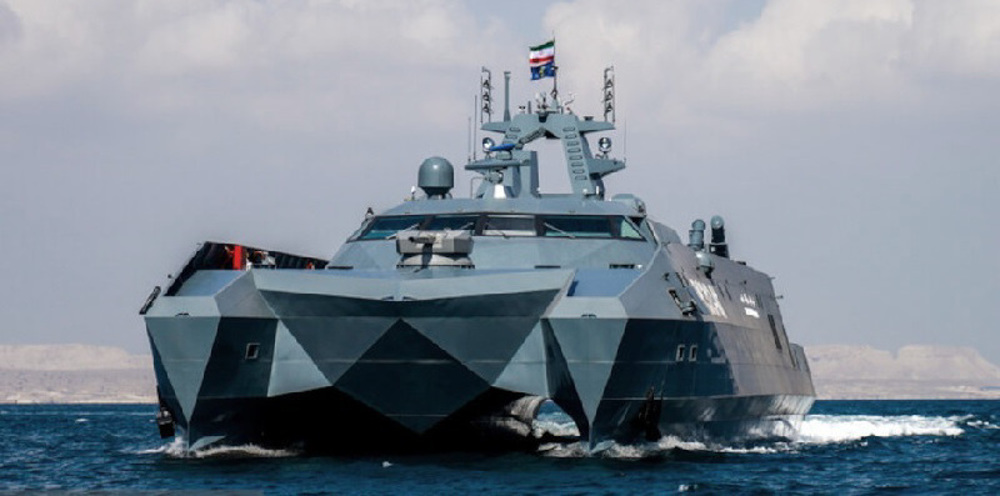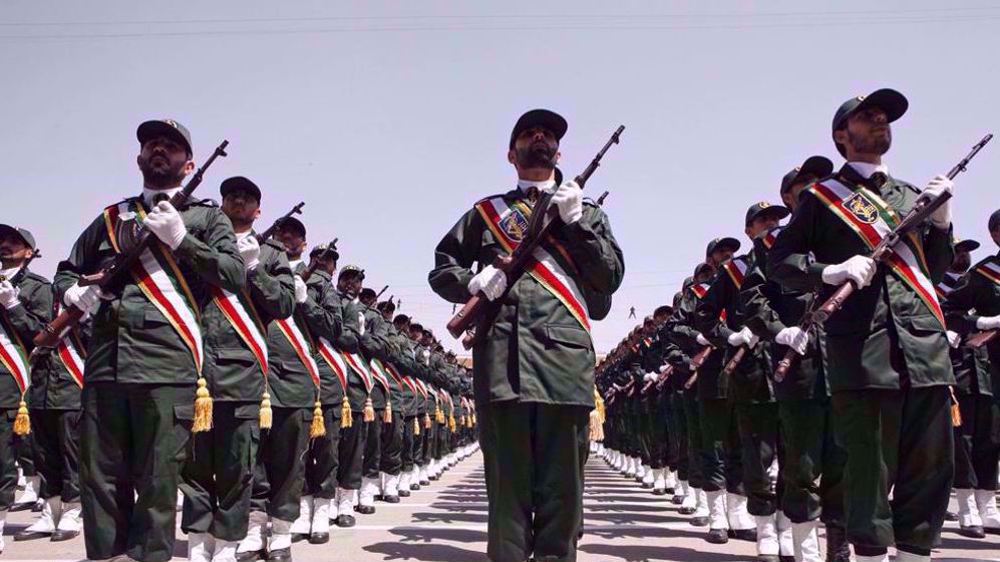Tajikistan launches production of Iran's Ababil-2 tactical drone
To promote and develop joint defense and military cooperation with regional countries, the top Iranian military official inaugurated a manufacturing plant for indigenously-developed Ababil-2 multi-role tactical unmanned aerial vehicles in Tajikistan.
The plant started operations during an official ceremony in the capital city of Dushanbe on Tuesday, with Chairman of the Chiefs of Staff of the Iranian Armed Forces Major General Mohammad Baqheri, Tajik Defense Minister Colonel General Sherali Mirzo, and other high-ranking military officials in attendance.
Bagheri noted that the Islamic Republic of Iran, thanks to the constant efforts of its committed specialists and scientists as well as growing reliance on its domestic capabilities, has been able to achieve impressive growth in all military and defense domains, particularly in the production of drones.
The top military official described the opening of the Ababil-2 production plant in Tajikistan as a turning point in military cooperation between the two countries.
“God willing, we will witness greater cooperation and interaction at all military and defense levels between Iran and Tajikistan in the future,” Bagheri noted.
On Tuesday, Bagheri also met with the Chairman of Tajikistan’s State Committee for National Security Lieutenant General Saimumin Yatimov for talks on bilateral cooperation on border security, regional issues as well as recent developments in Afghanistan.
The two sides emphasized the continuation of interactions, consultations, and expert meetings on bilateral and regional issues.
Tajikistan has been grappling with the threat posed by thousands of Takfiri militants spread across its southern border with Afghanistan ever since the Taliban came back to power in Kabul and the US forces pulled out in August last year.
Earlier this year, Tajik President Emomali Rahmon seized on the opportunity of the Collective Security Treaty Organization teleconference call to remind fellow leaders of the dangers his country is facing.
The purpose of the discussion between the leaders was to consider the situation in Kazakhstan, but Rahmon sought to make the point that there were other sources of instability as well.
“We are extremely concerned that Daesh militants, and particularly their affiliate groups, are consolidating their positions in Afghanistan," he said.
"According to our special services, there are over 40 terrorist camps and training centers on the border [...] in the northeastern provinces of Afghanistan. They number more than 6,000 militants,” Russia’s RIA Novosti news agency quoted Rahmon as saying on January 10.
VIDEO | Press TV's news headlines
VIDEO | Education in War: Untold stories of Gaza students
Venezuelan president, wife taken to New York following kidnapping
VIDEO | Pakistan sees decline in attacks after Afghanistan border closure
VIDEO | Yemen’s Hadramout facing tensions after Saudi strikes
US kidnapping of Venezuela’s president ‘clear instance of state terrorism’: FM
‘Maduro our only president; no empire will rule us’: Venezuela vows resistance after US kidnapping
VIDEO | Press TV's news headlines










 This makes it easy to access the Press TV website
This makes it easy to access the Press TV website